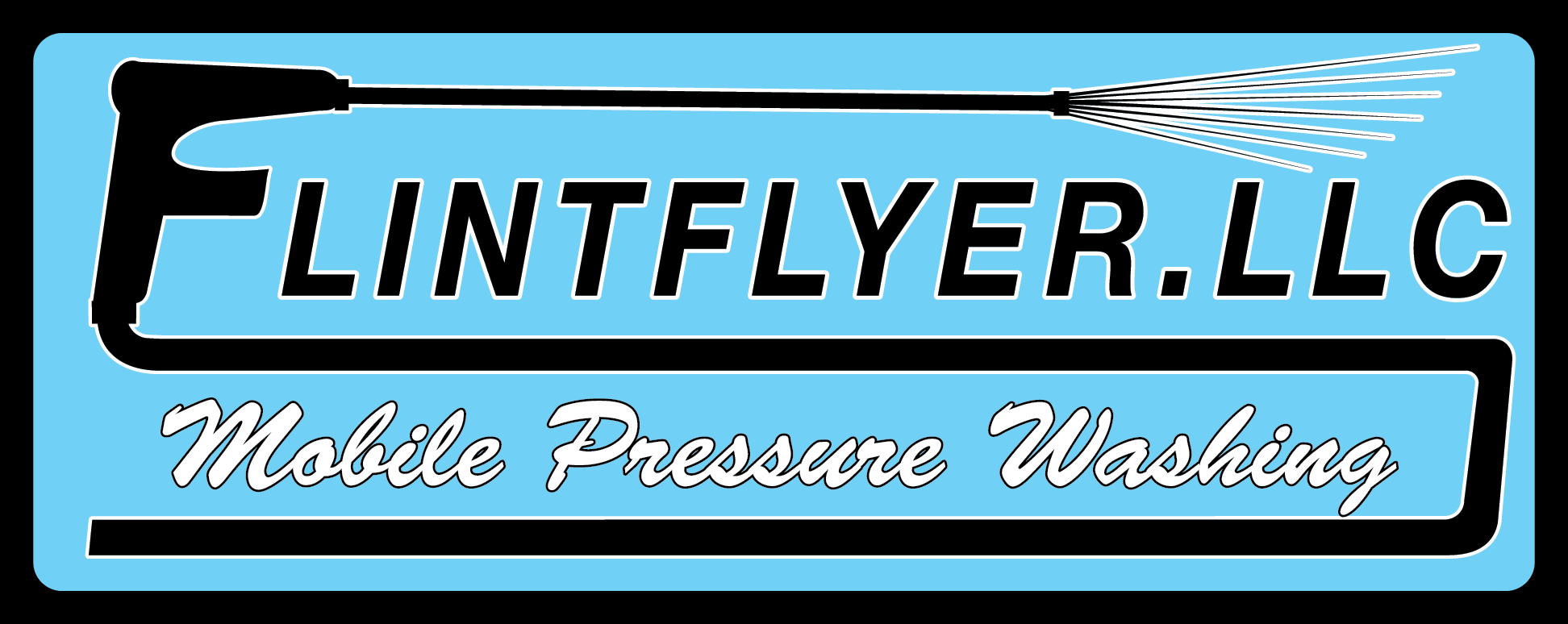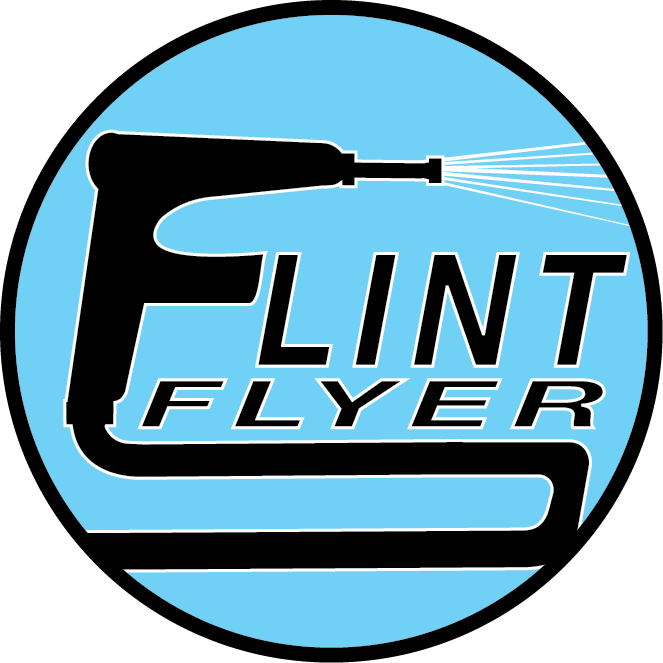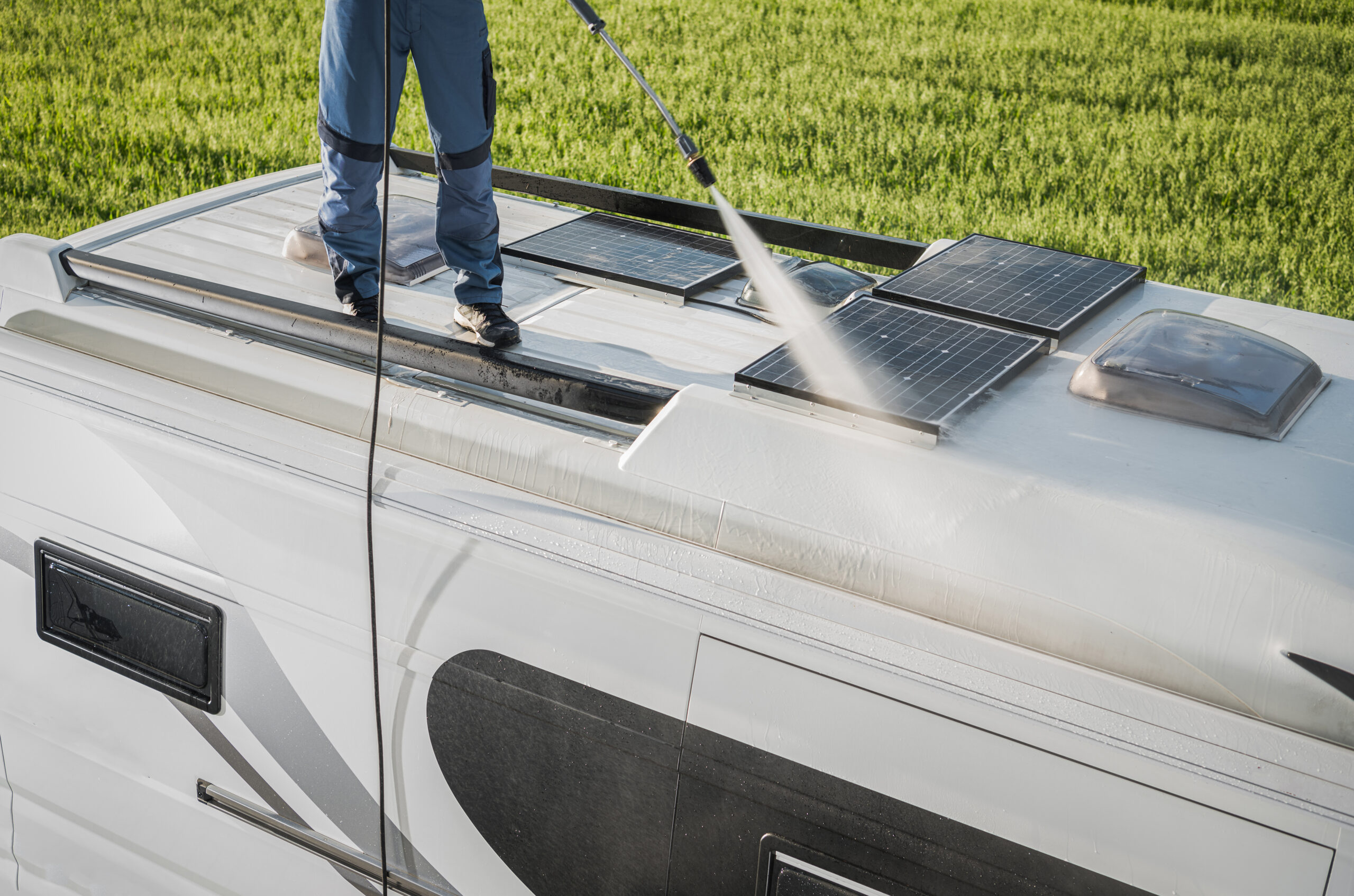Fleet vehicles are the backbone of many businesses in Utah, from delivery trucks and service vans to construction equipment and long-haul semis. Keeping them in peak condition is crucial to maintaining efficiency, safety, and brand reputation. One often-overlooked aspect of fleet maintenance is regular pressure washing. Beyond just aesthetics, routine cleaning plays a vital role in extending the lifespan of your vehicles and saving your company money in the long run.
The Dangers of Dirt and Grime Buildup on Fleet Vehicles
Utah’s varying climate and road conditions expose fleet vehicles to dirt, grime, road salt, and other harmful contaminants. Over time, these elements can cause significant damage, leading to:
- Corrosion and Rust: Road salt, especially in winter months, accelerates rust formation on the undercarriage and metal components.
- Paint Damage: Dirt and debris can scratch and chip paint, leading to oxidation and eventual body damage.
- Mechanical Issues: Clogged radiators, air filters, and moving parts due to grime buildup can reduce engine efficiency and increase maintenance costs.
- Reduced Visibility and Safety Risks: Mud and debris on windows, mirrors, and lights can hinder driver visibility, increasing the risk of accidents.
Regular fleet pressure washing effectively removes these contaminants, preventing long-term damage and keeping vehicles running smoothly.
Key Benefits of Routine Fleet Pressure Washing
1. Prolongs the Vehicle’s Lifespan
The accumulation of dirt and grime can accelerate wear and tear on your fleet. Pressure washing removes these harmful elements, preserving paint, metal surfaces, and engine components. A well-maintained vehicle lasts longer and requires fewer repairs over time.
2. Reduces Maintenance and Repair Costs
Vehicles exposed to excessive dirt and salt often require more frequent part replacements and maintenance. Regular fleet washing prevents premature deterioration of key components, reducing costly repairs and downtime.
3. Enhances Brand Image and Professionalism
First impressions matter—especially for businesses that rely on fleet vehicles for service or deliveries. A clean, well-maintained fleet reflects professionalism, builds trust with customers, and reinforces your brand’s credibility.
4. Improves Fuel Efficiency
Believe it or not, excessive dirt buildup can affect a vehicle’s aerodynamics, causing it to work harder and consume more fuel. Clean vehicles experience less drag, leading to better fuel efficiency and lower operational costs.
5. Ensures Compliance with Industry Regulations
Certain industries, such as transportation and food delivery, have strict cleanliness requirements. Regular fleet washing helps businesses stay compliant with Department of Transportation (DOT) regulations and health codes, reducing the risk of fines and penalties.
6. Increases Resale Value
When it’s time to replace or upgrade fleet vehicles, their resale value is heavily influenced by their condition. A fleet that has been consistently cleaned and well-maintained will command a higher resale price compared to one covered in rust, stains, and neglect.
How Often Should You Wash Your Fleet Vehicles?
The frequency of fleet washing depends on several factors, including vehicle type, usage, and environmental conditions. Here’s a general guideline:
- Daily-use delivery and service vehicles: Weekly or biweekly washes
- Construction trucks and heavy equipment: After each job or at least once per week
- Long-haul trucks: Every two weeks or after long trips
- Winter months: More frequent washing (weekly) to remove road salt
Why Professional Fleet Pressure Washing is the Best Option
While some businesses attempt to wash their fleets in-house, professional fleet pressure washing services offer several advantages:
- Specialized Equipment: Professional washers use high-pressure cleaning systems, heated water, and specialized detergents to remove stubborn grime effectively.
- Water Conservation & Eco-Friendliness: Many professional services use water reclamation systems, reducing water waste and ensuring compliance with environmental regulations.
- Time & Cost Efficiency: Outsourcing fleet washing saves time for your team, allowing employees to focus on core business operations while ensuring thorough and consistent cleaning.
Conclusion
Regular fleet pressure washing is more than just a cosmetic practice—it’s a critical maintenance task that extends the life of your vehicles, reduces repair costs, improves efficiency, and enhances your company’s image. Investing in professional fleet washing services ensures that your vehicles remain in top condition, saving you time and money in the long run.
If you’re looking for expert fleet pressure washing services in Utah, contact us today! We provide reliable, eco-friendly, and cost-effective fleet cleaning solutions to keep your business running smoothly.


